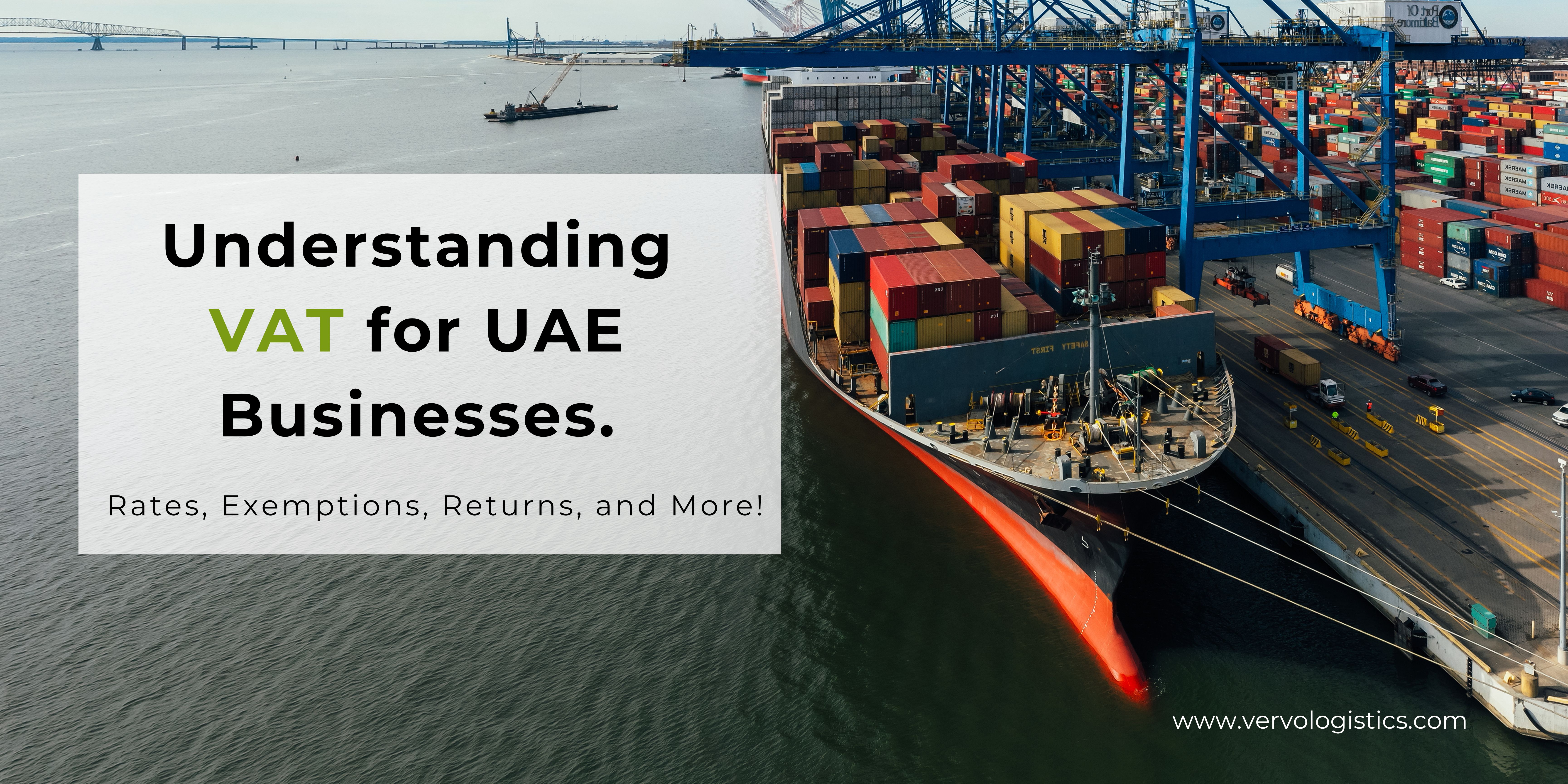In 2023, the United Arab Emirates has adopted several significant regulatory changes in air freight regulations and standards. These updates apply across various cargo classes, affecting air freight operations. Most of the updates are mainly detailed in the International Air Transport Association (IATA) manuals, which are updated annually to reflect the latest regulations, industry trends, and best practices. To keep you posted, here is a glimpse of the changes in UAE air freight regulations:
Dangerous Goods Regulations (DGR)
The 64th edition of the IATA Dangerous Goods Regulations (DGR) includes several significant amendments that affected air freight operations in the UAE.
These changes are designed to enhance the safety and efficiency of air transport of dangerous goods. Some of the key changes include revisions to the dangerous goods list, updated packing instructions, and classification revisions for substances such as self-reactive, organic peroxides, and corrosives.
Notably, the requirement for a lithium battery test summary has been removed for button cells installed in equipment. This simplifies the requirements for shipping small lithium batteries. Also, the lithium battery mark no longer requires a telephone number. The updates included adjusted quantity limits and allowable quantities for batteries in cargo aircraft.
The UAE has already started to integrate these changes into its air freight operational practices to ensure continued compliance with international standards. If you are about to move ADR goods via air into the UAE, reach out to Vervo Middle East for comprehensive and compliant air cargo services in the UAE!
The Seventh Freedom Air Rights
In August, the UAE General Authority of Civil Aviation announced new regulations regarding the exercise of seventh freedom air rights by airlines, including both passenger air services and cargo air shipping.
Seventh freedom rights allow an airline to operate flights between two foreign countries with no requirement to start or end the flight in their own country. This provides airlines with more flexibility and connectivity between destinations globally.
The new UAE regulations will allow UAE airlines to take advantage of seventh freedom rights in countries where the UAE has air service agreements that include this right.
This change opens new route and connection opportunities for UAE cargo airlines by removing restrictions requiring flights to originate or end in the UAE.
Pre-Loading Advance Cargo Information (PLACI):
A significant development in air cargo security has been the cooperation between IATA and the Federal Authorities for Identity, Citizen, Customs, and Port Security (ICP) in the UAE.
This collaboration has led to the deployment of a Pre-Loading Advance Cargo Information (PLACI) System in the UAE, making it the first country outside of the US and the EU to implement a PLACI regime under its own PLACI regime under the National Advance Information Center (NAIC).
PLACI system allows for advanced targeting and risk assessment of air cargo prior to loading and arrival to the UAE, enhancing the security of the air cargo supply chain.
Compliance with PLACI is necessary to avoid sanctions, financial penalties, border cargo stops, and other issues.
Attestation of Commercial Invoices:
The updated attestation of commercial invoices applies to all transportation modes, not only air freight. For invoices valued at AED 10,000 ($2,722) or more, importers in the UAE are now required to obtain attestations from the Ministry of Foreign Affairs and International Cooperation.
This process incurs a fee of AED 150 ($40.84) per invoice. Non-compliance with this requirement results in a penalty of AED 500 per invoice.
Importers must enter the electronic attestation reference number into the customs electronic system. Payment of attestation fees is due within 14 days of completing the customs declaration.
Certain categories are exempt from these attestation fees, including personal imports, GCC imports, Free zone imports, police imports, military imports, and charity imports, provided the invoice value is less than AED 10,000.
The attestation process can be completed electronically using eDAS, allowing for the uploading of necessary documents to the ministry’s website.
Updated Customs Duties and VAT:
This year, the UAE has imposed new customs duties on personal international orders that exceed AED 300, which is approximately $82 USD. This means that when individuals in the UAE order goods from abroad for personal use and the value of these goods exceeds the AED 300 threshold, they will be subject to customs duties.
This measure is likely aimed at regulating the flow of goods into the country, ensuring that taxes are properly collected, and possibly protecting the local market by discouraging excessive imports of goods for personal use.
The UAE also has a 5% VAT, which is a broad-based consumption tax levied on the majority of transactions of goods and services. The following outlines the VAT registration requirements for businesses:
Mandatory Registration: Businesses with a taxable supply and imports exceeding the threshold of AED 375,000 (which is approximately $102,000 USD) per year are required to register for VAT.
Voluntary Registration: For businesses with annual taxable supplies and imports between AED 187,500 (approximately $51,000 USD) and AED 375,000, VAT registration is optional.
Need to move your cargo by air to the UAE?
Call Vervo Middle East for a customized air shipping service. We offer end-to-end logistics solutions for air freight in the UAE and over 120 countries. Reach our team at:
🌐Free Air Shipping Quote | ☎ +971508723352 | 📧




